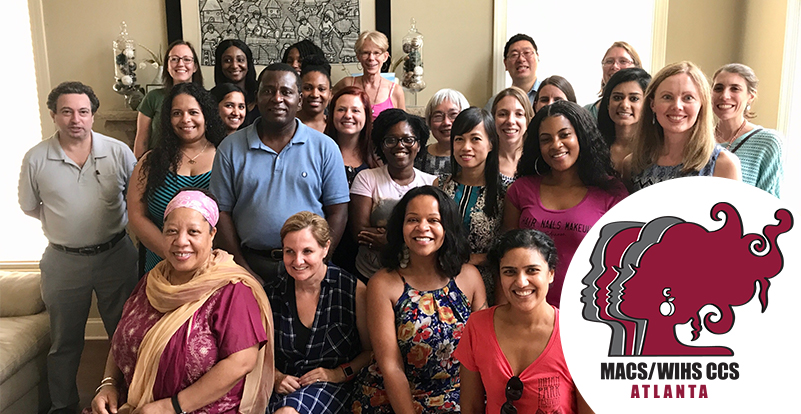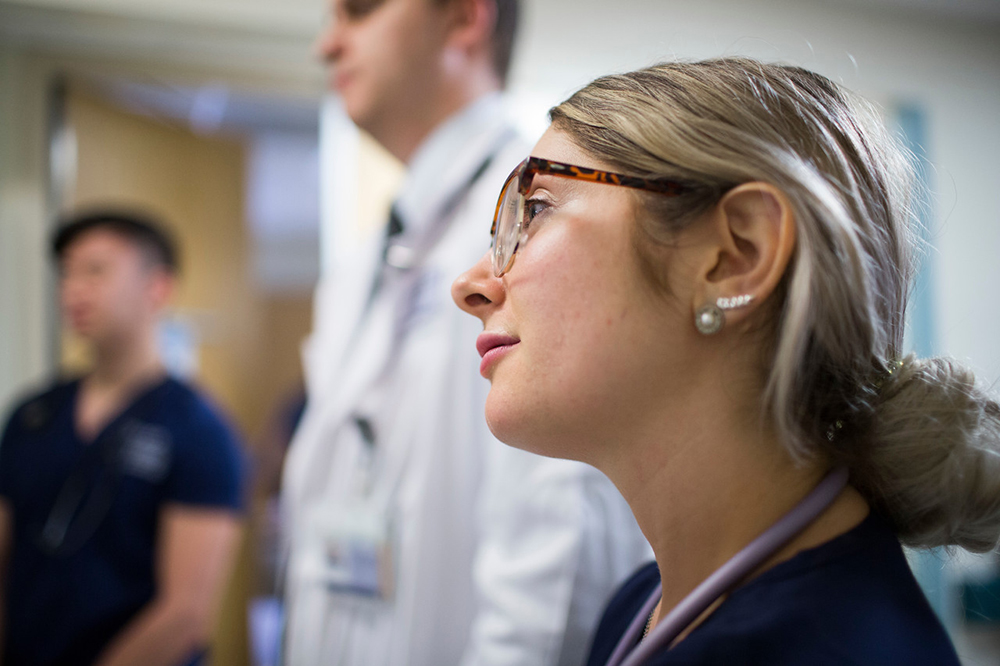Infectious Diseases Clinical Research Consortium
The IDCRC works in tandem with the National Institute of Allergy and Infectious Diseases as a coordinated global network of scientific experts working to develop and test vaccines and other therapies to combat infectious diseases.

Serious Communicable Diseases Program
The Serious Communicable Disease Program (SCDP) at Emory has become a regional, national and international resource on the strict protocols that are needed to safely care for patients with Ebola and other special pathogens.
Vaccinology Training Program
The Emory Vaccinology Training Program (VTP) was created in response to an urgent need to train a new generation of researchers in the field of vaccinology.
Programs for Advancing Science of Antimicrobial Stewardship, Infection Prevention, and Healthcare Epidemiology
Emory University faculty are involved in a broad range of Quality Improvement initiatives and research projects with direct translation pathways to larger pragmatic trials.
MACS/WIHS Combined Cohort Study
The Multicenter AIDS Cohort Study (MACS) / Women’s Interagency HIV Study (WIHS) Combined Cohort Study (MWCCS) is a collaborative research effort that aims to understand and reduce the impact of chronic health conditions—including heart, lung, blood, and sleep (HLBS) disorders—that affect people living with HIV.
STAR
Study of Treatment And Reproductive Outcomes (STAR) is an HIV cohort study for women of reproductive age. This study seeks to understand these changes and how comorbidities affect people living with HIV (PLWH). This study also investigates the impact of health disparities and chronic stressors that can have a profound effect on the impact they make on PLWH as they age.
SCORE
The two major goals of the Emory Specialized Center of Research Excellence in Sex Differences are to promote the normalization of sex as a biological variable in all research involving humans and other vertebrate animals and to establish Emory University as a leader in studying the influence of biological sex on disease. The SCORE addresses these goals through the provision of research funding, support, and education.
BIRCWH
The Emory BIRCWH program, short for Building Interdisciplinary Research Careers in Women's Health, is a highly selective career development program for junior investigators interested in women's health research. BIRCWH connects junior faculty to senior faculty with shared research interests in advancing women's health research, improving sex/gender science, and promoting health and well being among women.
StARR
Emory's StARR program is designed to address a nationwide shortage of physician scientists and offers in-depth instruction in the fundamentals of clinical and translational research, as well as a robust, multidisciplinary mentoring program that is tailored to the specific needs of resident physicians.
RECOVER Atlanta
RECOVER, a research initiative from the National Institutes of Health (NIH), seeks to understand, prevent, and treat PASC, including Long COVID. PASC stands for post-acute sequelae of SARS-CoV-2 and is a term scientists are using to study the potential consequences of a SARS-CoV-2 infection.
Gut HIV Reservoir & Heart Study
This study is looking to find out if pockets of HIV hiding in the gut are causing inflammation in the body that contributes to heart disease in people living with HIV
CATALYST
Community Assessment Tools for increasing Access to LA ART: Yielding Solutions Together (CATALYST) is a mixed methods study led by Emory University in partnership with the Centers for Disease Control and Prevention (CDC). The goal of the study is to evaluate implementation and scale-up of long-acting antiretroviral therapy (LA ART) for cisgender Black women in the U.S. South.










